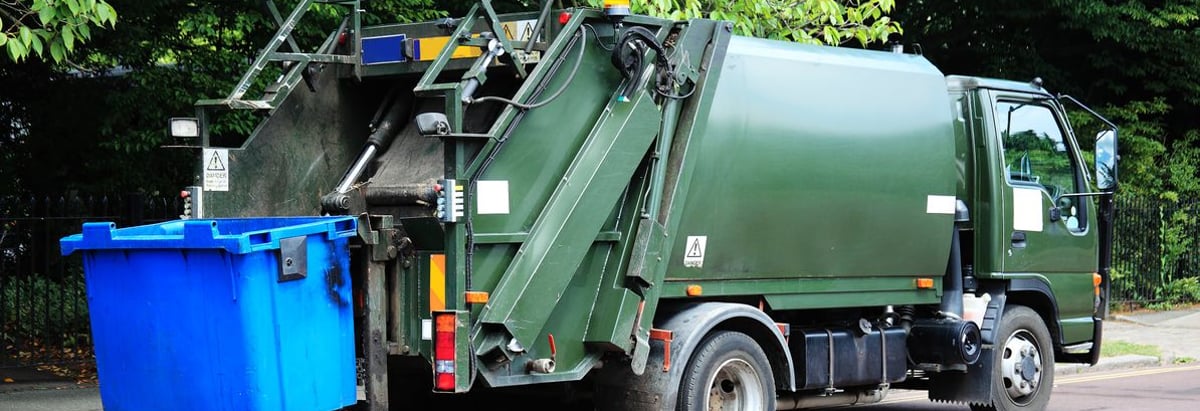Stock Analysis
- United Kingdom
- /
- Commercial Services
- /
- LSE:RTO
Just One Day Till Rentokil Initial plc (LON:RTO) Will Be Trading Ex-Dividend

Rentokil Initial plc (LON:RTO) is about to trade ex-dividend in the next day or two. The ex-dividend date occurs one day before the record date which is the day on which shareholders need to be on the company's books in order to receive a dividend. The ex-dividend date is an important date to be aware of as any purchase of the stock made on or after this date might mean a late settlement that doesn't show on the record date. In other words, investors can purchase Rentokil Initial's shares before the 3rd of August in order to be eligible for the dividend, which will be paid on the 11th of September.
The company's next dividend payment will be UK£0.028 per share, on the back of last year when the company paid a total of UK£0.079 to shareholders. Based on the last year's worth of payments, Rentokil Initial has a trailing yield of 1.2% on the current stock price of £6.35. Dividends are an important source of income to many shareholders, but the health of the business is crucial to maintaining those dividends. We need to see whether the dividend is covered by earnings and if it's growing.
View our latest analysis for Rentokil Initial
If a company pays out more in dividends than it earned, then the dividend might become unsustainable - hardly an ideal situation. Rentokil Initial paid out more than half (63%) of its earnings last year, which is a regular payout ratio for most companies. Yet cash flows are even more important than profits for assessing a dividend, so we need to see if the company generated enough cash to pay its distribution. Fortunately, it paid out only 37% of its free cash flow in the past year.
It's positive to see that Rentokil Initial's dividend is covered by both profits and cash flow, since this is generally a sign that the dividend is sustainable, and a lower payout ratio usually suggests a greater margin of safety before the dividend gets cut.
Click here to see the company's payout ratio, plus analyst estimates of its future dividends.
Have Earnings And Dividends Been Growing?
When earnings decline, dividend companies become much harder to analyse and own safely. If earnings fall far enough, the company could be forced to cut its dividend. With that in mind, we're discomforted by Rentokil Initial's 21% per annum decline in earnings in the past five years. Such a sharp decline casts doubt on the future sustainability of the dividend.
Many investors will assess a company's dividend performance by evaluating how much the dividend payments have changed over time. In the last 10 years, Rentokil Initial has lifted its dividend by approximately 14% a year on average. Growing the dividend payout ratio while earnings are declining can deliver nice returns for a while, but it's always worth checking for when the company can't increase the payout ratio any more - because then the music stops.
To Sum It Up
Has Rentokil Initial got what it takes to maintain its dividend payments? The payout ratios are within a reasonable range, implying the dividend may be sustainable. Declining earnings are a serious concern, however, and could pose a threat to the dividend in future. While it does have some good things going for it, we're a bit ambivalent and it would take more to convince us of Rentokil Initial's dividend merits.
If you want to look further into Rentokil Initial, it's worth knowing the risks this business faces. For instance, we've identified 4 warning signs for Rentokil Initial (1 can't be ignored) you should be aware of.
If you're in the market for strong dividend payers, we recommend checking our selection of top dividend stocks.
Valuation is complex, but we're helping make it simple.
Find out whether Rentokil Initial is potentially over or undervalued by checking out our comprehensive analysis, which includes fair value estimates, risks and warnings, dividends, insider transactions and financial health.
View the Free AnalysisHave feedback on this article? Concerned about the content? Get in touch with us directly. Alternatively, email editorial-team (at) simplywallst.com.
This article by Simply Wall St is general in nature. We provide commentary based on historical data and analyst forecasts only using an unbiased methodology and our articles are not intended to be financial advice. It does not constitute a recommendation to buy or sell any stock, and does not take account of your objectives, or your financial situation. We aim to bring you long-term focused analysis driven by fundamental data. Note that our analysis may not factor in the latest price-sensitive company announcements or qualitative material. Simply Wall St has no position in any stocks mentioned.
About LSE:RTO
Rentokil Initial
Provides route-based services in North America, the United Kingdom, rest of Europe, Asia, the Pacific, and internationally.

